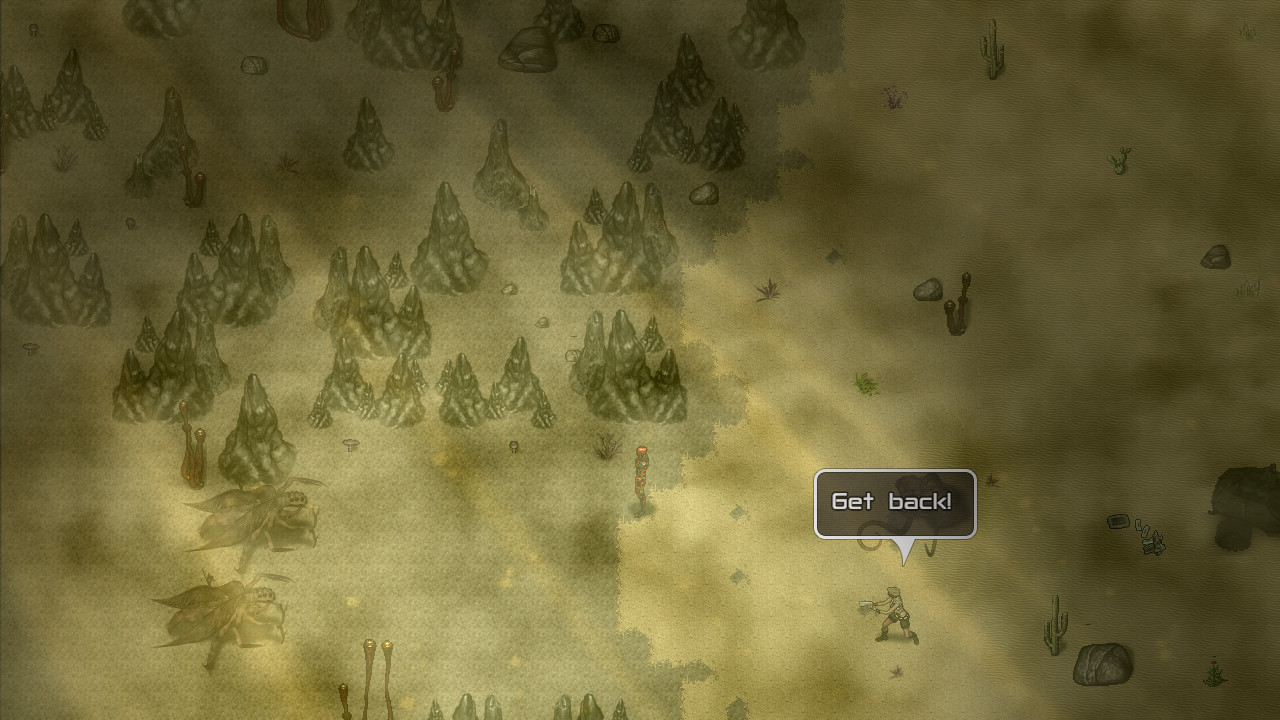
None of that has happened indeed, the very notion of it happening seems nonsensical. He argued the physical matter of our bodies and whatever substance creates a mind are separate entities (perhaps connected by the pineal gland), with our flesh essentially serving as a house for our souls. This argument holds that if science could explain everything, it should be able to quantify a mind/soul - visually describe it, hear it, feel it, measure and record it. During the 17th century Enlightenment, philosopher René Descartes famously argued for a so-called "dualist" approach to explaining how our mind interacts with our body. Panpsychism's appeal may stem partly from the fact that scientists currently can not explain what consciousness – the thing that gives you a mind and makes you self-aware - actually is. This, emphatically, is not what Picard and Sandi had in mind when they wrote their article (Picard told Salon that "I do not know enough about panpsychism to make an informed comment.") At the same time, their discovery is just one more piece of fascinating scientific trivia that could be explained by this revolutionary theory. That idea may seem absurd until you consider a scientific concept which could explain it: Panpsychism, or the idea that consciousness is inextricably linked to all matter and simply grows stronger as a physical object become more complex. Of course, if mitochondria are conscious beings, that would mean we have trillions and trillions of these brainless beings chilling throughout literally every cell of our bodies.

They continue: "Similar to individuals among social networks, mitochondria communicate with each other and with the cell nucleus, exhibit group formation and interdependence, synchronize their behaviors, and functionally specialize to accomplish specific functions within the organism. "Sociality has profound evolutionary roots and is observed from unicellular organisms to multicellular animals," Picard and Sandi write. "In line with the view that social principles apply across levels of biological complexity, a growing body of data highlights the remarkable social nature of mitochondria."


And, perhaps, are even "social" creatures. Carmen Sandi published a paper in the journal Neuroscience and Biobehavioral Reviews, which posited that mitochondria do not merely keep us alive, but in many ways, have lives of their own. Last year, he and a Swiss scientist named Dr. Picard sees something else in mitochondria, too. They provide most of the chemical energy that cells use in their various biochemical tasks, and are sometimes likened to batteries. Together, expertise in these two fields suits one well to understanding the essence of what makes one human. Picard is particularly knowledgable about mitochondria, a structure found within nearly all cells that have a nucleus. Martin Picard is an associate professor of behavioral medicine at Columbia University Irving Medical Center, specializing in both psychiatry and neurology. Cleaning up after people can tell you a lot about them and their personalities, so it’s definitely an interesting premise that the developers chose. As someone who is interested in the question of what exactly is sentience and sapience, the story has piqued my interest. It sounds like the relationship with the AI, Sabrina, is the focal point of the narrative. Adjusted timing of Sabrina Dialogue for more emotional dramatic effect.By default all the aliasing mess should now be cleaned up New Anti-Aliasing techniques (MSAA, TAA, CTAA, SMAA).Rumu can now spin when Sabrina is talking when she has restricted your movement (unless it’s a sensitive moment).

SENTIENCE STEAM UPDATE
The large update today added Linux/SteamOS support but also brought with it a bunch of other changes. This narrative-focused experience also allows you to befriend (and hack into because that’s what friends do, right?) other appliances in the home and learn more about them. Gameplay consists of point and click puzzles that reveal more about the home’s occupants and the things that they’d rather keep secret.
SENTIENCE STEAM FULL
Rumu has you take control of a small autonomous vacuum cleaner unit in a smart home full of integrated gadgets and that has its own AI. YouTube videos require cookies, you must accept their cookies to view.


 0 kommentar(er)
0 kommentar(er)
